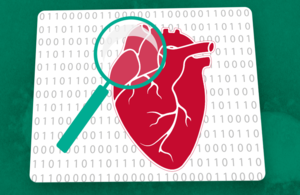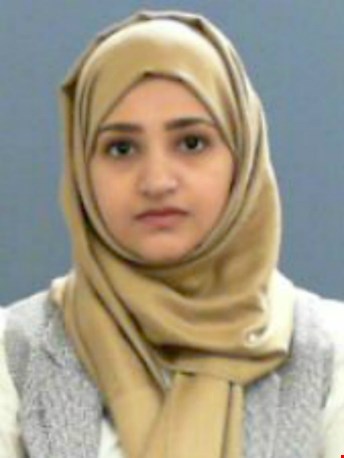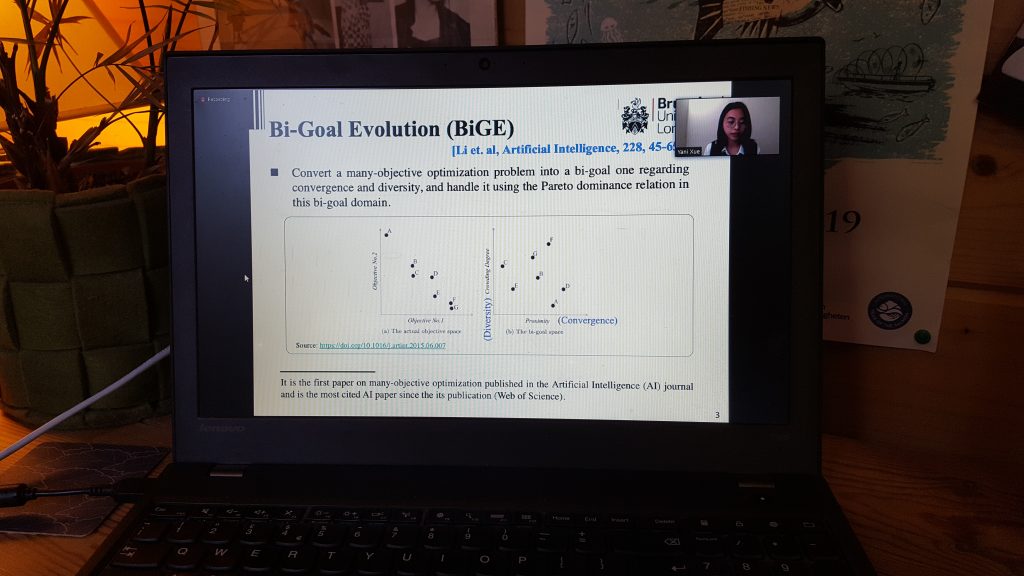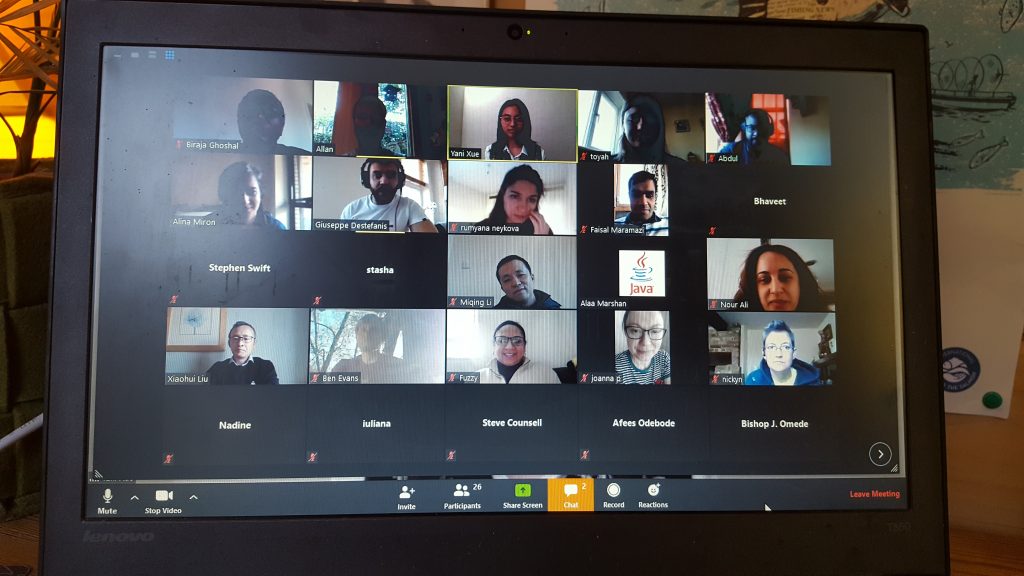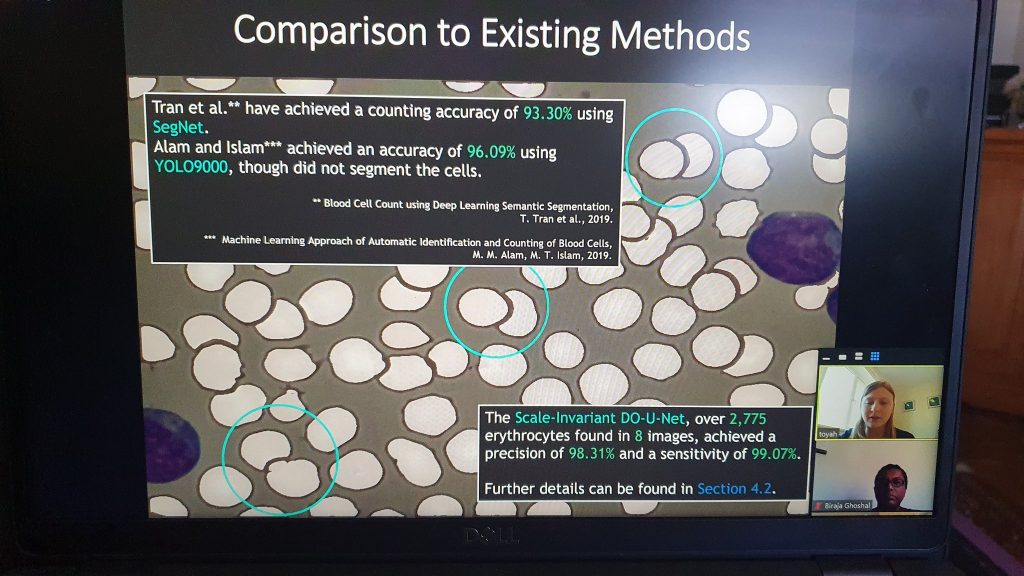Congratulations to Erfan Sajjadi and Ben Evans for their succesful submissions to the SOGOOD workship at ECML this year:
Erfan Sajjadi et al. Building Trajectories over Topology with TDA-PTS: An Application in Modelling Temporal Phenotypes of Disease
Ben Evans et al. Reasoning about Neural Network Activations: An Application in Spatial Animal Behaviour from Camera Trap Classifications
Other new publications from the group include:
Biraja Ghoshal & Allan Tucker, On Calibrated Model Uncertainty in Deep Learning, ECML Workshop on Uncertainty in Machine Learning
Juan de Benediti et al. Practical Lessons from Generating Synthetic Healthcare Data with Bayesian Networks, SOGOOD, ECML 2020
Arianna Dagliati et al. Using Topological Data Analysis and Pseudo Time Series to Infer Temporal Phenotypes from Electronic Health Records, AI in Medicine Journal

